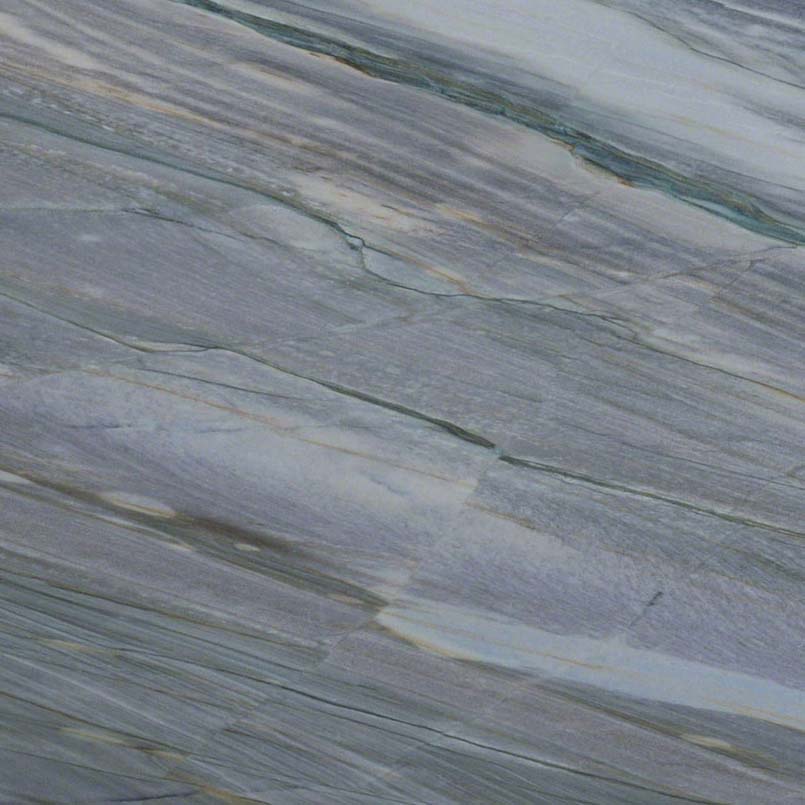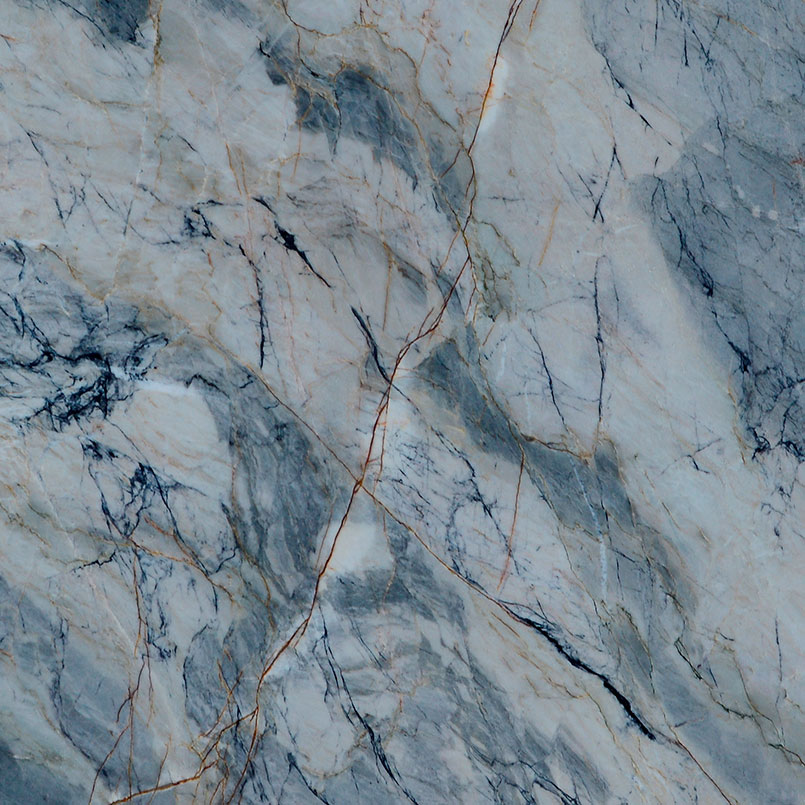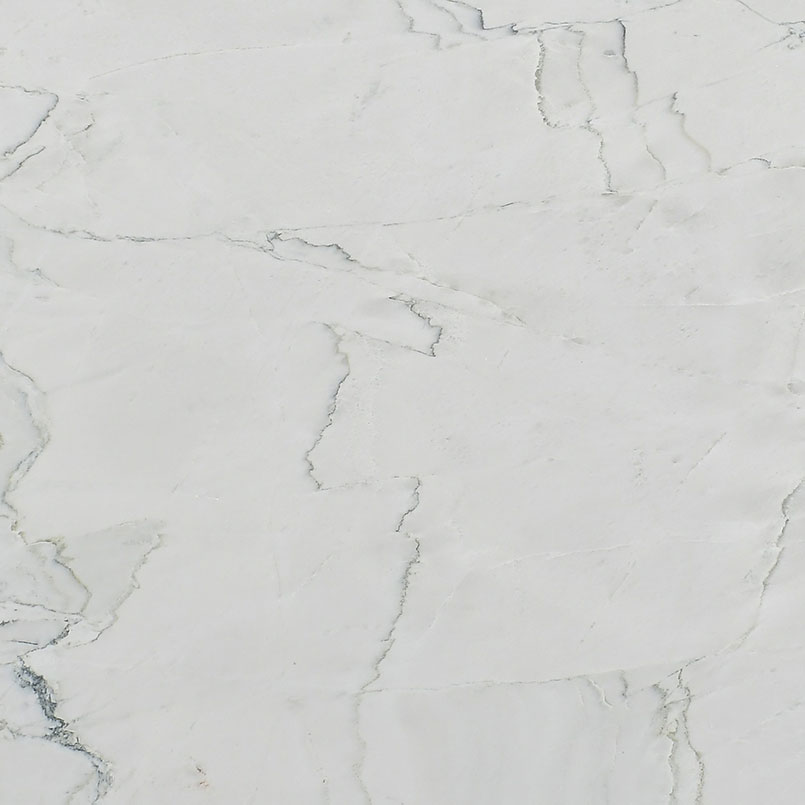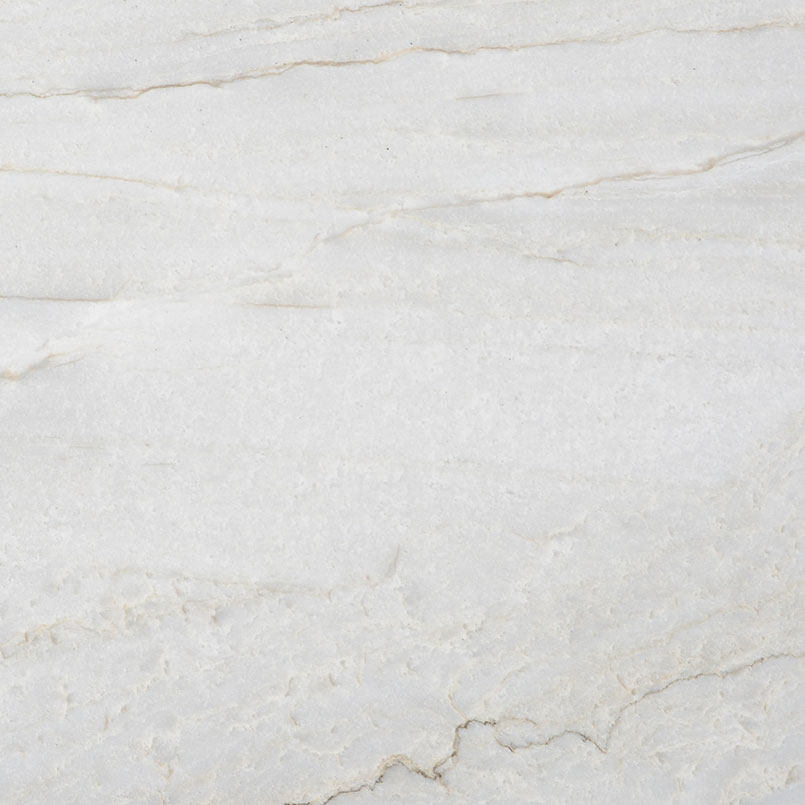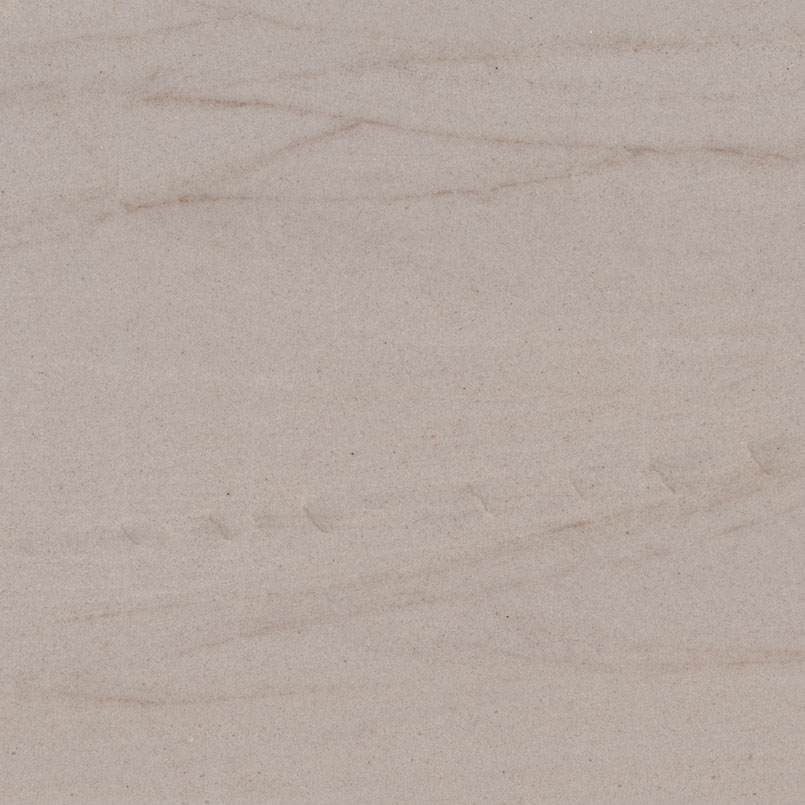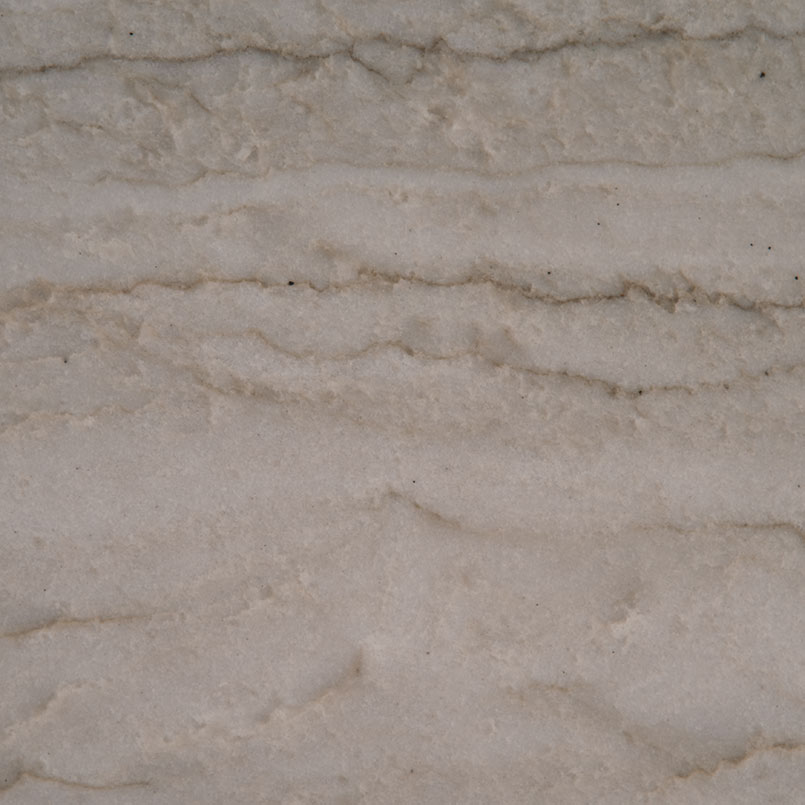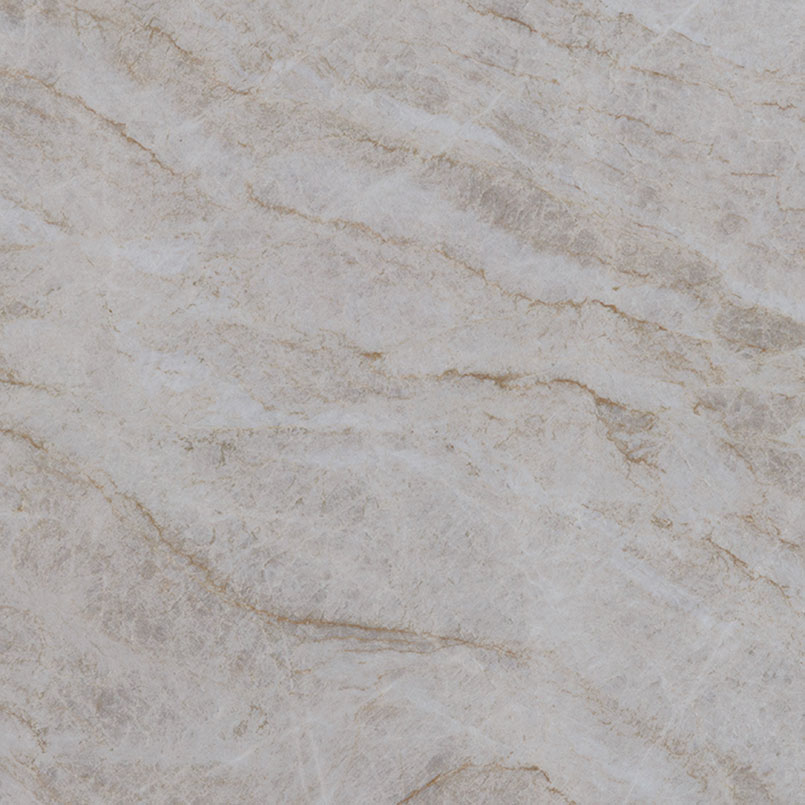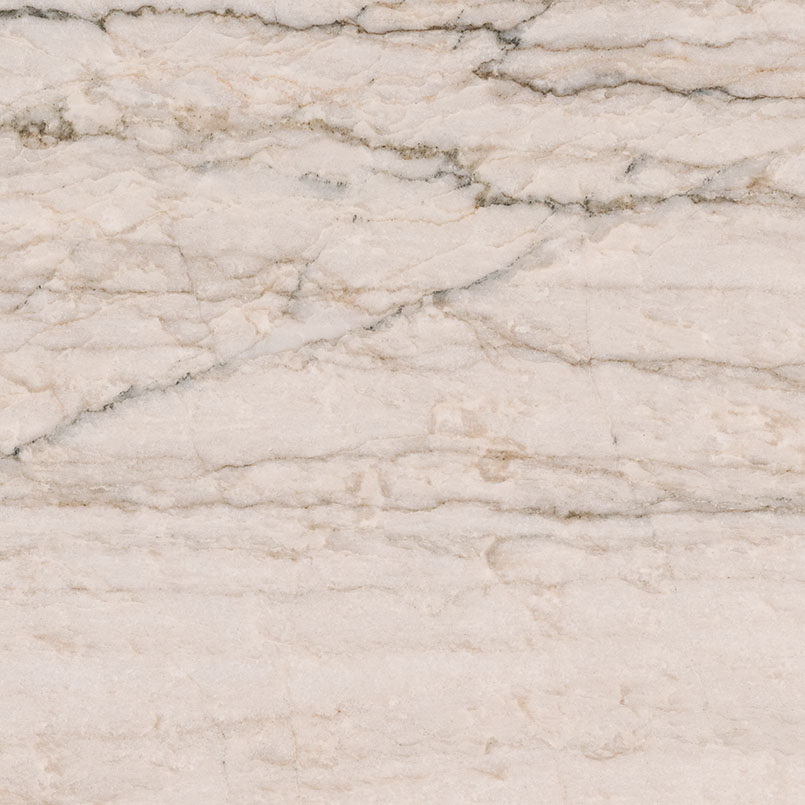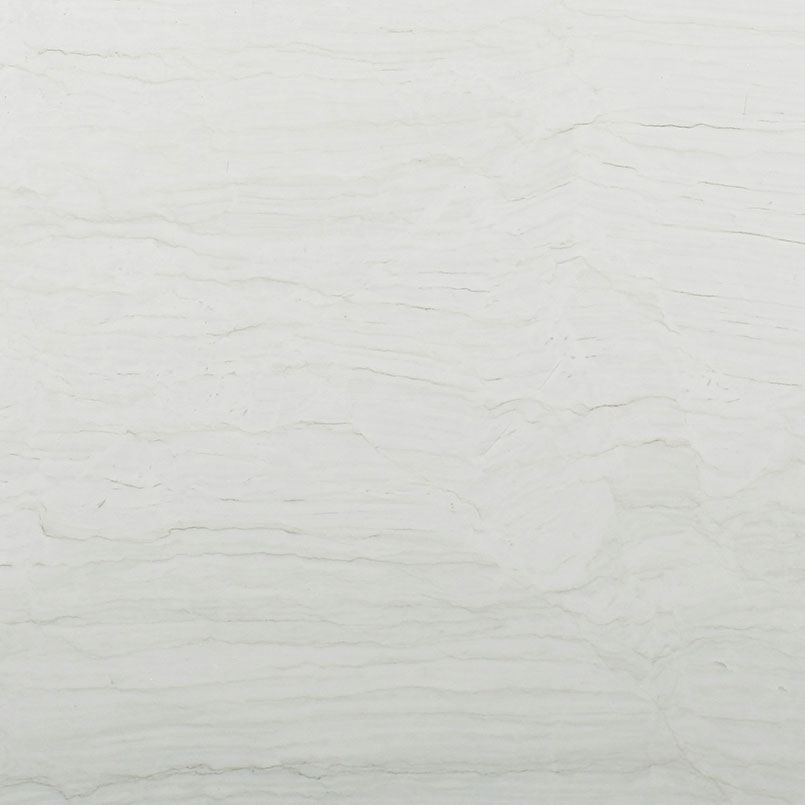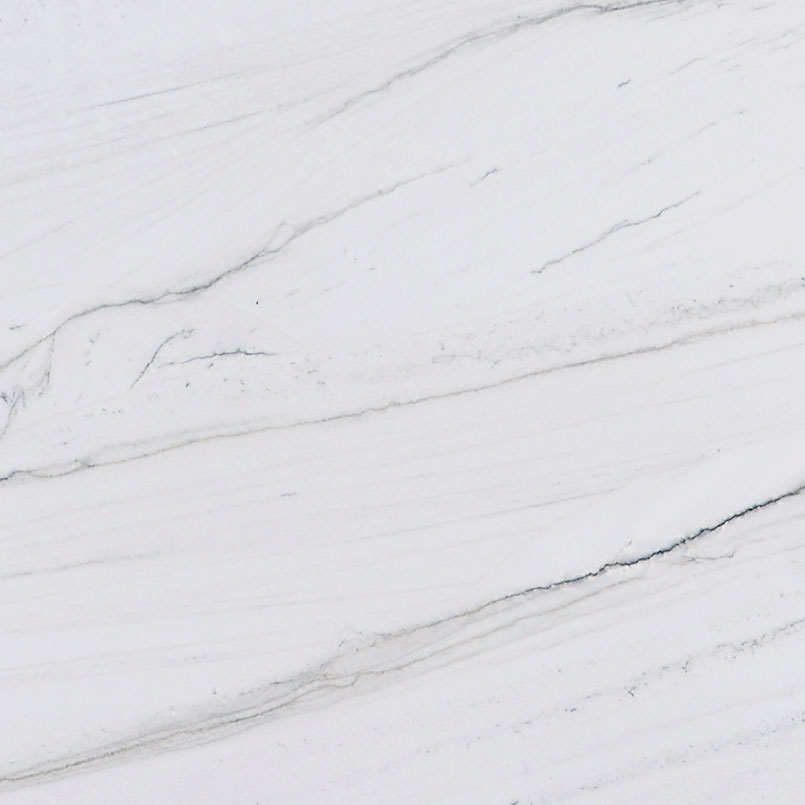Quartzite Countertops
What is a Quartzite Countertop?
Quartzite countertop is a high-end kitchen and bathroom surface made from quartzite, a natural stone. Quartzite originates from sandstone that undergoes intense heat and pressure within the Earth, transforming it into a very hard and durable rock. These countertops are known for their unique beauty, showcasing intricate veining and a variety of colors. Their resemblance to marble in appearance, coupled with granite-like durability, makes them highly sought after. Quartzite countertops are ideal for those seeking a blend of elegance and robustness in their interior spaces.
What is a Quartzite Countertop Made of?
Quartzite countertop is primarily composed of quartz, typically making up about 90-99% of their composition. The high quartz content is what gives them their strength and durability. The remaining percentage includes other minerals contributing to the stone’s varied coloration and patterning. This natural composition results in each slab of quartzite having unique visual characteristics, with variations in color and vein patterns. The natural formation process under high pressure and heat contributes to the hardness and resilience of quartzite countertops.
Why Quartzite Countertops are Popular?
Quartzite countertops are popular due to their unique combination of beauty and durability. They resemble the elegance of marble with intricate veining and varied colors yet offer the resilience and hardness akin to granite. This balance makes them a preferred choice for homeowners who desire a luxurious look without sacrificing functionality. Additionally, their natural formation makes each quartzite countertop unique, adding an exclusive and sophisticated touch to kitchen and bathroom designs. Their popularity is a testament to their ability to meet aesthetic and practical needs in modern home interiors.
Why Choose Quartzite Countertops?
Choosing quartzite countertops is an excellent option because they are renowned for their exceptional durability and resistance to scratches and heat, making them ideal for high-use areas like kitchens. Quartzite’s natural beauty, with its marble-like appearance and unique veining, adds an element of luxury and elegance to any space. Each quartzite slab is also distinct, ensuring a unique and upscale look. These attributes make quartzite countertops a sought-after choice for those looking to combine aesthetic appeal with practical functionality in their home design.
How Much do Quartzite Countertops Cost?
The average cost of quartzite countertops is $65 to $200 per square foot, but prices can range from as low as $35 per square foot to as high as $500 per square foot.
What are The Pros and Cons of Quartzite Countertops?
When considering quartzite countertops for your home, it’s important to understand their pros and cons. Quartzite, known for its durability and elegant appearance, offers distinct advantages, making it a popular choice in home design. However, like any material, it also has certain drawbacks. Understanding both the positive and negative aspects will help you make an informed decision about whether quartzite is the right choice for your kitchen or bathroom surfaces.
What are The Advantages of Quartzite Countertops?
Advantages of Quartzite Countertops:
- Durability: Highly resistant to scratches and wear.
- Heat Resistance: Can withstand high temperatures, suitable for kitchens.
- Elegant Appearance: Resembles marble with unique veining and colors.
- Low Maintenance: Less porous than other stones, requiring minimal upkeep.
- Long-Lasting Quality: Durable material that maintains its appearance over time.
- Property Value: Can enhance the value of a home due to its luxurious look.
- Natural Beauty: Each slab is unique, adding a distinctive charm to the interiors.
- UV resistant: Do not fade away due to exposure to sunlight, suitable for outdoor kitchens.
- Easy to Clean: Easy to clean, requiring only the basic combination of mild water and soap.
What are The Disadvantages of Quartzite Countertops?
The disadvantages of quartzite countertops include:
- Cost: Generally more expensive than some other countertop materials.
- Limited Color Options: Natural color variations are less diverse compared to materials like quartz.
- Sealing Required: Periodic sealing is needed to maintain stain resistance.
- Susceptibility to Etching: Can be etched by acidic substances if not sealed properly.
- Installation: Requires professional installation due to its weight and hardness.
What are The Factors that Affect The Cost of Quartzite Countertops
The factors that affect the cost of quartzite countertops:
- Type of Quartzite: Different types of quartzite have different levels of quality and rarity. For example, Calacatta Gold quartzite is a very popular and expensive type of quartzite, while less expensive options include Bianco Antico and Crema Marfil.
- Size of The Countertops: The larger the countertops, the more expensive they will be.
- Complexity of The Installation: The more complex the installation, the more expensive it will be. This is because it requires more specialized skills and tools.
What are The Popular Brands for Quartzite Countertops?
- Santa Margherita: Santa Margherita is an Italian company that has been producing quartzite countertops for over 60 years. It is known for its high-quality materials and craftsmanship. Santa Margherita quartzite countertops are available in a wide variety of colors and patterns, including some unique finishes like metallics and leathers.
- Vietri: Vietri is an Italian company that is known for its hand-painted quartzite countertops. Their countertops are made from a variety of different colors and patterns, and they are often finished with a high-gloss polish.
- Levantina: Levantina is a global company known for its wide selection of high-quality natural stones, including premium quartzite.
- MSI Stone: MSI offers a diverse range of natural stone products, with a variety of quartzite options known for their durability and beauty.
- Cosmos: Cosmos is renowned for its extensive collection of natural stones, providing a variety of quartzite colors and patterns.
- AGM Imports: AGM specializes in importing and distributing a broad range of natural stone products, including high-quality quartzite.
- Cambria: Cambria is known for its family-oriented business roots and rapid growth in the quartz manufacturing industry. It stands out for its durable, non-porous, and NSF-certified quartz, available in various designs, colors, and finishes.
- Caesartone: With over 35 years in the business, Caesarstone is celebrated for its diverse color selection and design styles. The brand is also recognized for its commitment to sustainability and environmentally friendly manufacturing practices.
- Silestone: Silestone offers a broad range of styles and colors and is noted for its distinctive textures and finishes. Silestone provides a 25-year warranty and is committed to sustainable manufacturing, making it a reliable and eco-conscious choice.
What are The Popular Quartzite Countertop Styles?
Popular quartzite countertop styles focus on highlighting the natural beauty of the stone and include:
- Polished Finish: Provides a glossy, reflective surface, accentuating the stone’s natural colors and veining.
- Honed Finish: Offers a matte, smooth look, giving a more understated elegance.
- Leathered Finish: Features a textured surface, enhancing the tactile feel and masking fingerprints and smudges.
- Waterfall Edge: This style extends the quartzite down the sides of an island or cabinet, creating a continuous flow of the stone.
These styles cater to various aesthetic preferences, from sleek and modern to rustic and traditional, leveraging the unique patterns and hues inherent in quartzite.
What are The Preferred Quartzite Countertop Colors?
Preferred colors vary according to kitchen ambiance. Tones of white are highly popular at quartzite countertops.
- Taj Mahal: Known for its creamy tones and subtle veining, offering a luxurious and sophisticated look.
- White Dallas: A bright, clean white with subtle gray veining, perfect for a fresh and modern space.
- White Macaubas: Features striking linear veining in gray on a white background, ideal for contemporary designs.
- Blue-Lava: A unique, dynamic color with deep blue, hues reminiscent of oceanic landscapes.
- Azul-Imperiale: Rich in royal blue tones, providing a bold and luxurious appearance.
- White: Classic and versatile, easily fitting into any design scheme.
- Super White: Offers a bright, pristine appearance, often with subtle veining for added elegance.
- Arctic White: A pure white color that exudes simplicity and cleanliness.
- White Pearl: Features gentle veining, adding depth to its bright white base.
- Infinity White: A blend of soft white tones, giving a sense of endless space.
- White Fantasy: Combines white and gray in a dreamy, marble-like pattern.
- Black: Bold and striking, perfect for making a strong statement.
- Gray: A versatile, neutral color that complements various styles.
- Blue: Offers a cool, serene touch to any space.
- Sea Pearl: Mimics the hues of the sea, blending greens and blues in a tranquil pattern.
- Brown: Warm and earthy, adding a cozy feel.
- Fantasy Brown: A mesmerizing mix of brown and gray, ideal for a natural, earthy look.
- Beige: Neutral and understated, perfect for a subtle, elegant design.
Are Quartzite Countertops Environmentally Friendly?
Quartzite countertops are considered environmentally friendly to some extent, as they are made from a natural stone. The extraction and processing of quartzite have a lower environmental impact than synthetic materials. Quartzite’s durability also means it doesn’t need to be replaced frequently, reducing waste.
How are Quartzite Countertops Installed?
Installing quartzite countertops begins with precise measurement and templating of the area where they will be placed. This ensures a perfect fit. The quartzite slab is then carefully cut and shaped according to the template, including the finishing of edges in the chosen style. Preparing the site for installation involves removing existing countertops and ensuring the base cabinets are level and sturdy. The quartzite is then meticulously placed and secured onto the cabinets, typically using a strong adhesive. Finally, any seams are sealed, and the entire countertop is cleaned, completing the installation process. Due to the material’s weight and the need for accuracy, professional installation is strongly recommended for quartzite countertops.
Maintaining Quartzite Countertops
Maintaining quartzite countertops is relatively straightforward due to their durability. Regular cleaning with mild soap and water is sufficient. It’s important to wipe up spills promptly, especially acidic substances, to prevent potential staining or etching. Although quartzite is resistant to scratches and heat, cutting boards and trivets are recommended to maintain the surface’s integrity. Periodic sealing may be required to enhance stain resistance.
How Often Should I Seal My Quartzite Countertops?
Quartzite countertops typically require sealing once or twice a year to maintain their stain resistance and durability. However, the frequency can depend on the usage and the type of quartzite. Lighter-colored quartzite might need sealing more frequently due to its higher porosity. It’s a good practice to perform a water test (where you let a few drops of water sit on the surface and see if it gets absorbed) to determine if resealing is necessary. Regular sealing helps preserve the natural beauty and longevity of quartzite countertops.
Do Quartzite Countertops Increase Home Value?
Yes, quartzite countertops can increase home value. Their luxurious and elegant appearance, durability, and longevity make them a desirable feature in homes. Quartzite countertops are often seen as a premium upgrade in kitchens and bathrooms, enhancing a property’s overall appeal and marketability. This can attract potential buyers, potentially leading to a higher resale value.
Are Quartzite Countertops a Good Idea?
Quartzite countertops are a good idea for those seeking durability, beauty, and a high-end look in their kitchen. They offer a unique blend of marble-like elegance and granite-like strength, making them suitable for aesthetic appeal and practical use. Additionally, their resistance to heat and scratches adds to their functionality. However, they require a bit more maintenance than some other materials and can be on the pricier side.
When considering all types of kitchen countertops, quartzite stands out as a luxurious and long-lasting option that can enhance a kitchen’s functionality and style.


